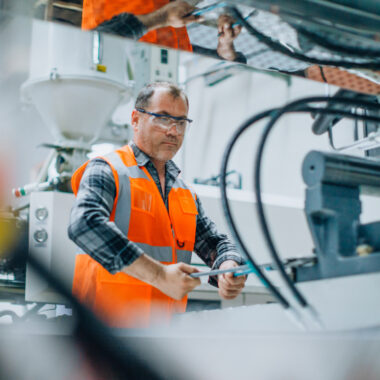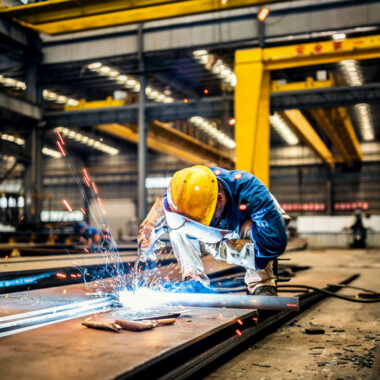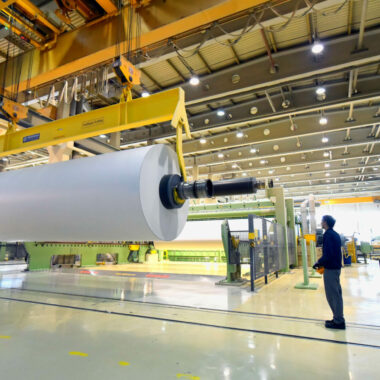
Insight
Q&A: Digital transformation in the manufacturing and construction sectors
Considering how digital technology is transforming construction and manufacturing

Insight
General election ‘24: What does it hold for manufacturers?
General election: Manufacturing

Insight
Spring Budget 2024: Manufacturing predictions
Budget: Manufacturing preview

Insight
Manufacturing: Investing for growth
Why UK manufacturers are keen to invest in growth

Insight
Manufacturing: Sustainable solutions
ESG initiatives are not yet an investment priority for manufacturers.

Insight
FRP Restructuring Advisory team secures sale for national bathroom products distributor, Robert Lee
Advisers to national distributor Robert Lee on its sale to Roxor Group

Insight
Cardinal Global Logistics becomes world’s biggest employee-owned logistics firm
New chapter for logistics giant Cardinal Global

Insight
Autonumis acquired by South African manufacturing group Directech
Acquisition sees 52 jobs transfer

Insight
FRP supports transformer manufacturer
Investment enables Carrol & Meynell to exit CVA

Insight
FRP supports sale of heritage manufacturing firm
FRP secures rescue deal and exit for shareholders

Insight
Jobs saved at Newcastle manufacturing business
FRP secures sale of business to national welding manufacturer, Wholesale Welding Supplies Limited

Insight
Advisers to Condale Plastics on sale to Lifeco
Condale Plastics appointed FRP Corporate Finance to support on transaction

Insight
FRP supports Inspirit’s Alpha3 acquisition
FRP’s Debt Advisory team secured the asset-based financing package for Inspirit Capital’s acquisition of Alpha3

Insight
Sale secures strong future for welding business
FRP’s Restructuring Advisory team find buyer for welding business facing cashflow crisis, saving jobs and sites

Insight
MBO safeguards jobs for historic paper business
FRP successfully concluded a sale that safeguarded 500 jobs at two historic paper mills


